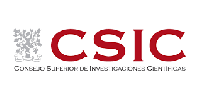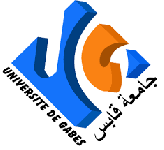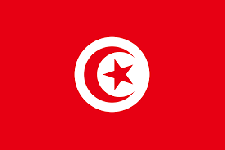ABOUT US




Date palm (Phoenix dactylifera L.) is one of the oldest known fruit crops. This species requires a long, intensively hot summer with little rain, and a good access to water. In arid regions, such environment is only provided by oases, where this crop can establish a sustainable system in agricultural areas, by controlling air temperature, humidity and soil–water dynamics. This crop provides important resources for nomadic tribes and local populations, thus playing an important social role for the subsistence of a large population group. Despite the oases’ potential to tolerate several abiotic stresses, the ongoing climate change is enhancing the environmental pressure on date palms affecting their growth and development. South Mediterranean areas are facing a dramatic decrease in the diversity of their traditional date palm cultivars used for culinary, cosmetics or medicinal purposes. Improving their production and their socio-economical valorisation is crucial for developing a competitive sustainable agriculture with a high Mediterranean specificity in line with traditional and world policies. The main objective of this proposal is to conserve the biodiversity and improve the sustainability of Mediterranean date-palm agrosystems by genetic, microbiological and technological approaches.














